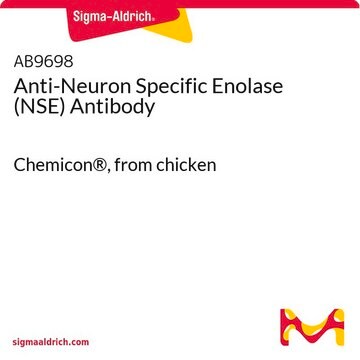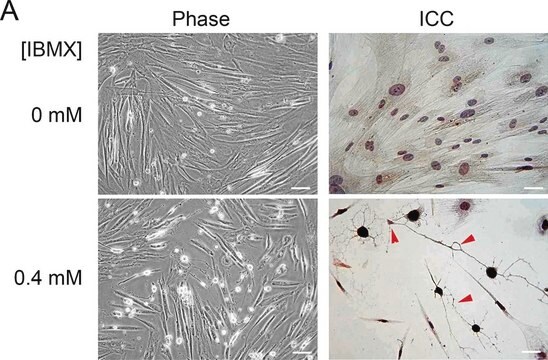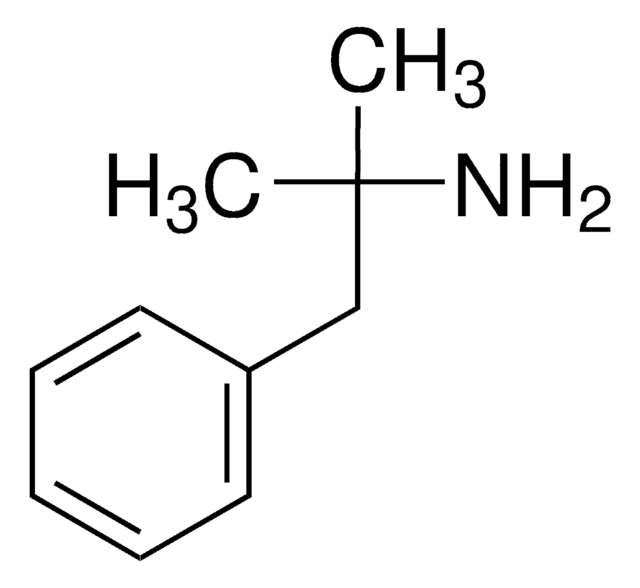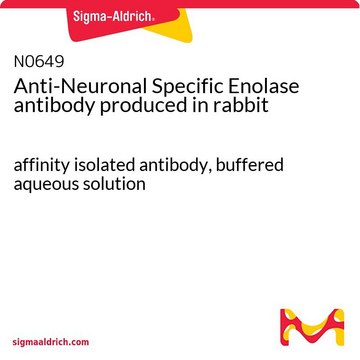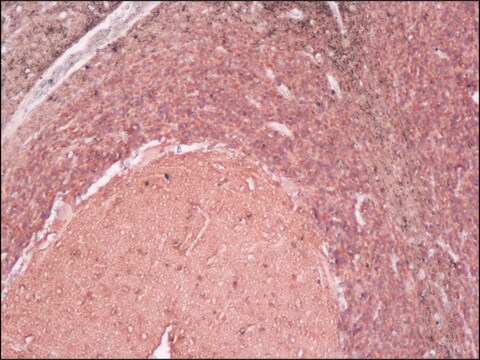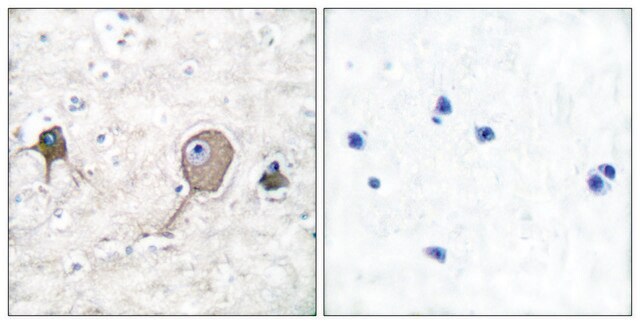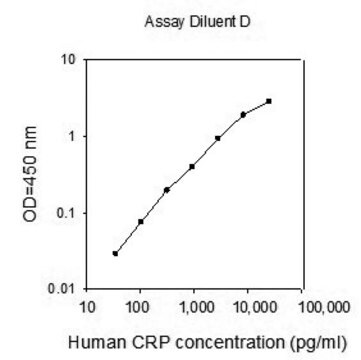Kluczowe dokumenty
N4773
Neuron-specific enolase from human brain
≥95% (SDS-PAGE), buffered aqueous solution
Synonim(y):
2-Phospho-D-glycerate hydro-lyase, Enolase, Neuron-specific from human brain, NSE, Thermolabile antigen A
About This Item
Polecane produkty
pochodzenie biologiczne
human brain
Poziom jakości
Próba
≥95% (SDS-PAGE)
Formularz
buffered aqueous solution
aktywność właściwa
≥10 units/mg protein
numer dostępu UniProt
Warunki transportu
dry ice
temp. przechowywania
−20°C
informacje o genach
human ... ENO2(2026)
Opis ogólny
Zastosowanie
Działania biochem./fizjol.
Definicja jednostki
Postać fizyczna
Kod klasy składowania
12 - Non Combustible Liquids
Klasa zagrożenia wodnego (WGK)
WGK 1
Temperatura zapłonu (°F)
Not applicable
Temperatura zapłonu (°C)
Not applicable
Wybierz jedną z najnowszych wersji:
Masz już ten produkt?
Dokumenty związane z niedawno zakupionymi produktami zostały zamieszczone w Bibliotece dokumentów.
Produkty
Glucose metabolism is regulated by the opposing actions of insulin and glucagon. Insulin is released from pancreatic ß cells in response to high blood glucose levels and regulates glucose metabolism through its actions on muscle, liver, and adipose tissue.
Nasz zespół naukowców ma doświadczenie we wszystkich obszarach badań, w tym w naukach przyrodniczych, materiałoznawstwie, syntezie chemicznej, chromatografii, analityce i wielu innych dziedzinach.
Skontaktuj się z zespołem ds. pomocy technicznej
